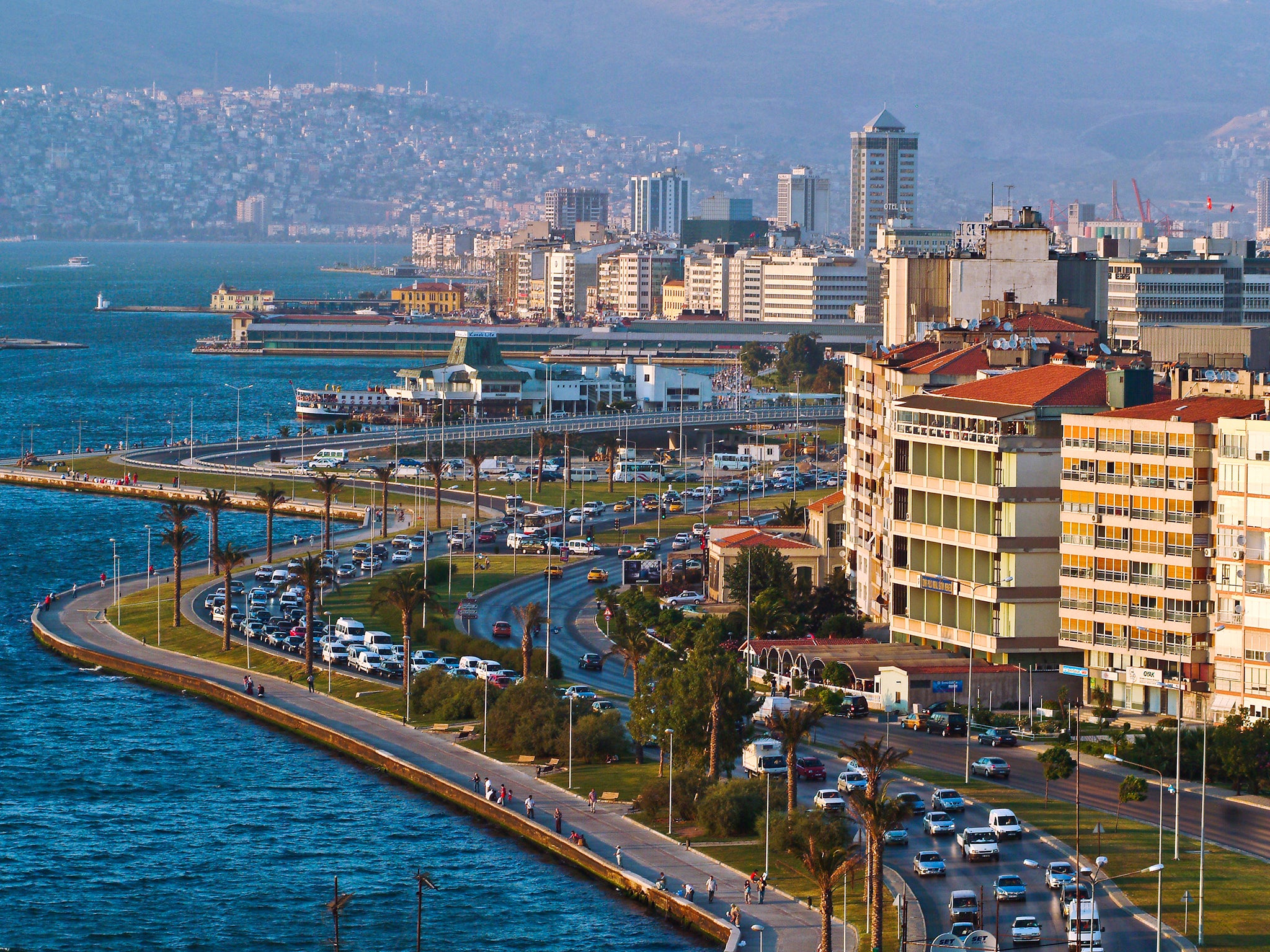Why do holiday companies go bust on Fridays?
The fateful Friday is a reflection of the way that a typical travel-firm collapse takes place


“Gutted for the Exclusive Escapes team & its clients - a truly great little company that always went the extra mile.” So tweeted Julia Spence, a PR specialist, after the Richmond-based upmarket holiday firm ceased trading.
The Civil Aviation Authority, which is now looking after arrangements for the 500 clients currently on holiday with the firm, announced the news on Friday morning, on the eve of the August bank holiday rush. It followed a similar pattern to other significant recent failures.
Five years ago Goldtrail went into administration on Friday 16 July, affecting 132,000 customers. Two years before that, an even bigger collapse took place on Friday 12 September. XL Leisure Group, at the time Britain’s third-largest tour operator, went spectacularly bust - leaving 90,000 holidaymakers stranded and wrecking the plans of 200,000 with forward bookings. And reaching back to the sad failure of Laker Airways on 5 February 1982 - that fateful date for the transatlantic aviation pioneer, Sir Freddie Laker, was also a Friday.
The fateful Friday is a reflection of the way that a typical travel-firm collapse takes place. Outbound tourism is a predominantly “cash-positive” industry. For an average Mediterranean holiday company, the first half of the year is characterised by money flowing in, in the form of deposits from customers, augmented by the balance payable two or three months before departure. It will be further boosted by sales of “lates”. But by the end of the school summer holidays, cash starts flowing out prodigiously. Bookings are no longer coming in significant numbers, but suppliers - notably property owners and airlines - are demanding payment. The Laker collapse was at a different time of year - in the very off-peak month of February - but was another cash-flow failure because of weak demand.
When a firm realises it is in serious financial trouble, the directors will typically look for lifeline finance: whether a longer line of credit from the bank, or investment from a third party. But by late Thursday or Friday, it often becomes clear that recovery is impossible. The Civil Aviation Authority and administrators are called in before the weekend, when departures would normally be at their peak, and hundreds of would-be holidaymakers are told their holiday will not be going ahead. It’s extremely tough on them, as it is for the staff and suppliers of the collapsed firm. But for the customers it is marginally better than being told at the airport that the planned holiday is cancelled.
Thankfully, in the case of Exclusive Escapes clients there is plenty of capacity for last-minute trips - with Thomson, the biggest tour operator, offering a week at a sophisticated Croatian resort flying from Gatwick first thing on Saturday morning, and plenty more upmarket choice in Cyprus and Greece on Sunday.
Join our commenting forum
Join thought-provoking conversations, follow other Independent readers and see their replies
Comments
Bookmark popover
Removed from bookmarks